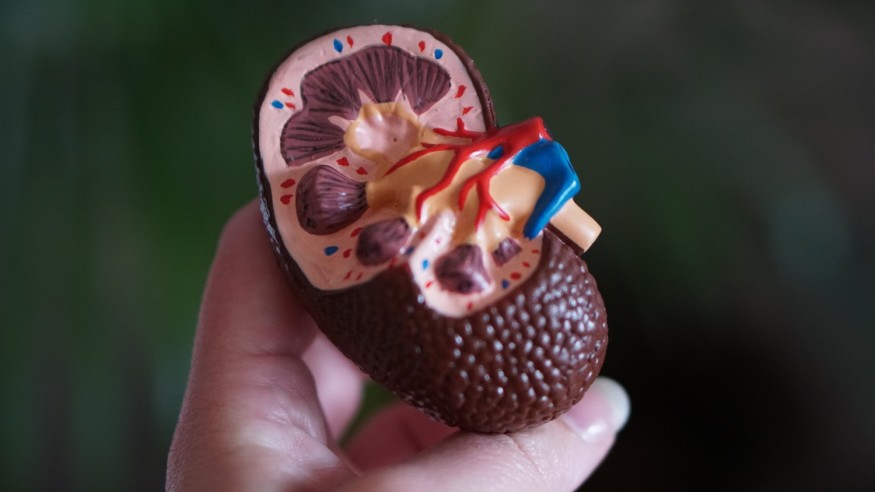A cohort of older adults with type 2 diabetes and elevated risk of cardiovascular diseases were given the drug tirzepatide once a week and showed a significantly reduced progression of chronic kidney disease, decreasing rates of onset of macroalbuminuria.
Hiddo Heerspink, PharmD, Ph.D., discusses the exploratory analysis of SURPASS-4 clinical at the 82nd Scientific Sessions of the American Diabetes Association. The analysis aims to examine the kidney outcomes among patients who receive the drug versus insulin glargine and gives insight into future researchers.

Tirzepatide Improved Kidney Outcomes
The SURPASS-4 clinical trial was part of phase 3 of SURPASS clinical trial program that tests the tirzepatide as monotherapy, an add-on to other treatments, and in comparison to other types 2 diabetes drugs, and weight loss agents in people with diabetes and obesity.
Tirzepatide is a novel glucose-lowering medication that stimulates the receptors for glucagon-like peptide (GLP-1) and glucose-dependent insulinotropic polypeptide (GIP). According to an article in Patient Care, the new analysis is the first to explore the impact of GLP-1 and GIP on kidney function in patients with type 2 diabetes.
Around 1,995 patients were included in the SURPASS-4 who received at least 1 dose of placebo to tirzepatide. They had co-primary outcomes of interest, like renal death, progression to end-stage renal disease, and a decline of 40% or more eGFR from baseline.
Heerspink says that the participants who received the medication for 104 weeks resulted in a 41% reduction in the risk of the onset of microalbuminuria and a 20% reduction in the second composite outcome versus those who received insulin glargine.
Furthermore, analysis in subgroups reveals that the risk of the primary composite was consistent across all subgroups, which included moderate or severely reduced kidney function.
"With these exploratory findings of SURPASS-4, we are seeing the results of combined GIP/GLP-1 receptor agonists on the kidney function of patients with type 2 diabetes for the very first time," Heerspink said in a statement. "The findings will be of interest to physicians treating people with diabetes who may have chronic kidney disease."
Tirzepatide Helps Patients Lose Weight
The Food and Drug Administration approved tirzepatide on May 13 as a medication for Type 2 diabetes under the trade name Mounjaro. Along with the findings that the medication could slow down the progress of chronic kidney disease, researchers also found that it is extremely effective at reducing obesity.
USA Today reported that the drug helps control blood sugar and is involved in sending signals to the brain that the stomach is full to prevent over-eating. The team noticed that non-diabetic obese participants who took the drug lost weight as much as 21% or around 50-60 pounds in some cases.
Dr. Robert Gabbay, chief scientific and medical officer for the American Diabetes Association emphasized that nothing has provided that kind of weight loss except surgery. Although the drug is not available for weight loss, the team hopes that the FDA will approve it someday for weight loss.
Gabbay said that weight loss of 15% and above has the potential to change the way doctors treat diabetes, from focusing on reducing blood sugar to total remission of the disease.
The study titled "Tirzepatide Once Weekly for the Treatment of Obesity" was presented at the ADA's annual convention in New Orleans and published in The New England Journal of Medicine.
Check out more news and information on Diabetes in Science Times.
© 2026 ScienceTimes.com All rights reserved. Do not reproduce without permission. The window to the world of Science Times.










